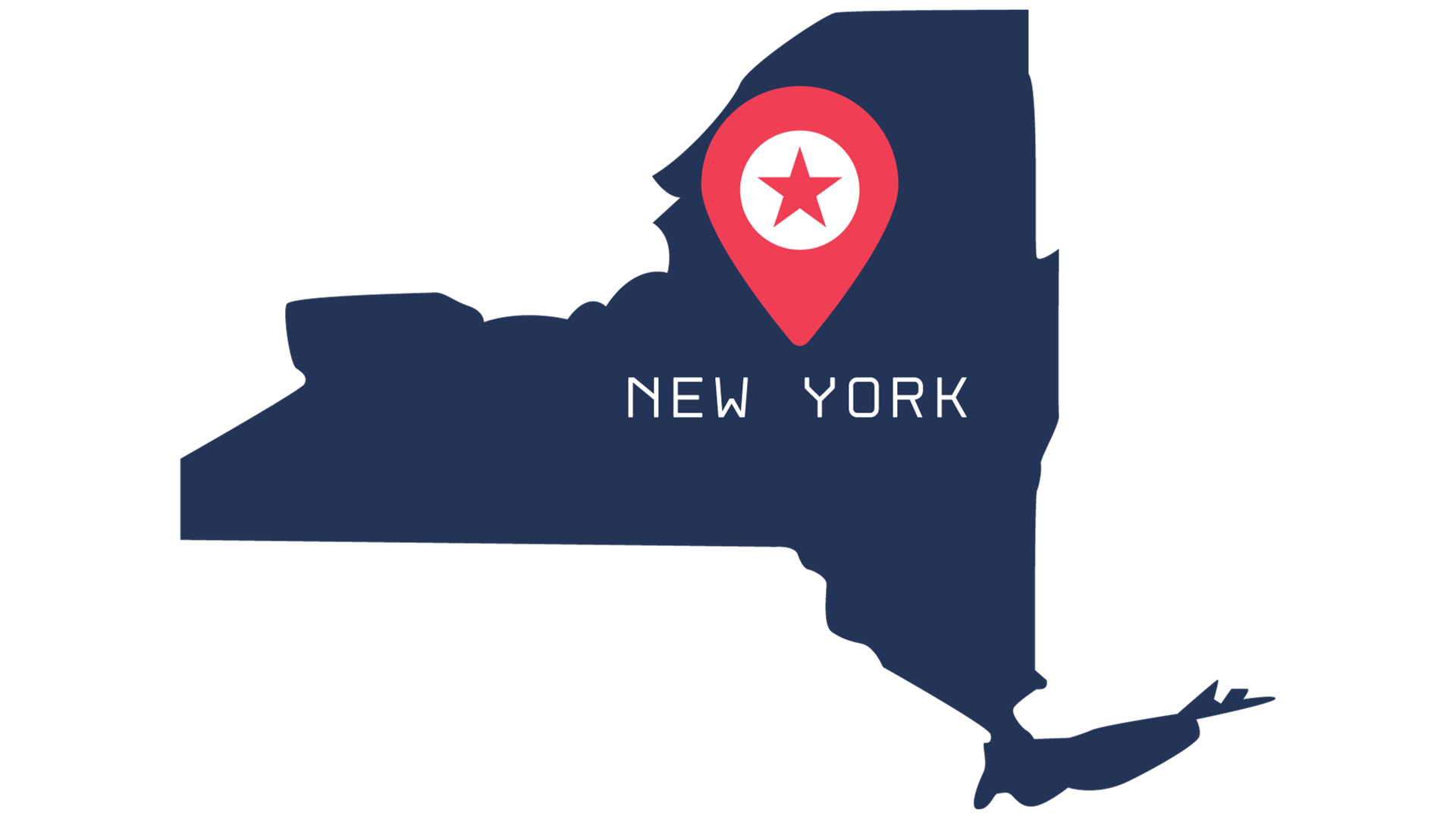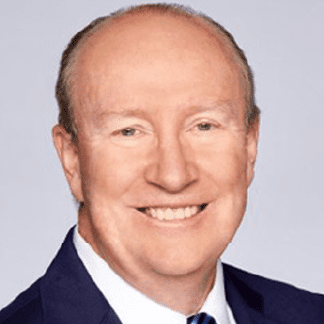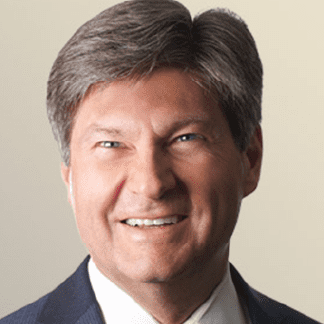WASHINGTON, DC – RITE-backed plaintiffs have filed their briefing to the court in their appeal of an important challenge of New York’s mail-voting law. RITE is assisting a coalition of New York lawmakers and political parties appeal a lower court order that failed to enforce constitutional limits on mail voting law to New York’s Appellate Division.
“The rule of law is under direct assault in New York by liberal partisans and lawyers who are trying to force no-excuse mail-in voting upon a state that has overwhelmingly and explicitly rejected it since its founding, including once again less than three years ago. In fact, New Yorkers have been so adamant that voting occurs at polling places that their state Constitution has always prohibited all forms of remote voting, with exceptions added over time for the absent, the ill, and the disabled.“RITE’s appeal asks the court to put an end to the effort by a narrow majority in the state’s legislature to lawlessly rip this prohibition out of the Constitution, overriding the clearly expressed will of the people in an exercise of sheer raw power. How this case turns out will speak to whether New York’s Constitution imposes limits on its government, or whether the government is free to impose its will on the state and its citizens without constraint.”
– Derek Lyons, President of RITE
Background
In September 2023, RITE helped New York voters, members of New York’s congressional delegation, and the Republican Party filed a lawsuit against the 2023 mail-voting law, which implements no-excuse mail-in voting throughout the state. The RITE-backed plaintiffs argue that the law violates the New York Constitution’s requirement of in-person voting except for those unable to make it to the polls due to travel, illness, or disability. The mail-voting law was enacted after New Yorkers overwhelmingly rejected an effort to amend the Constitution to allow for no-excuse absentee voting. The RITE-backed plaintiffs filed the appeal because partisan lawmakers seeking electoral advantage lack any power to expand absentee voting without the express consent of the people of New York enshrined in a constitutional amendment.




